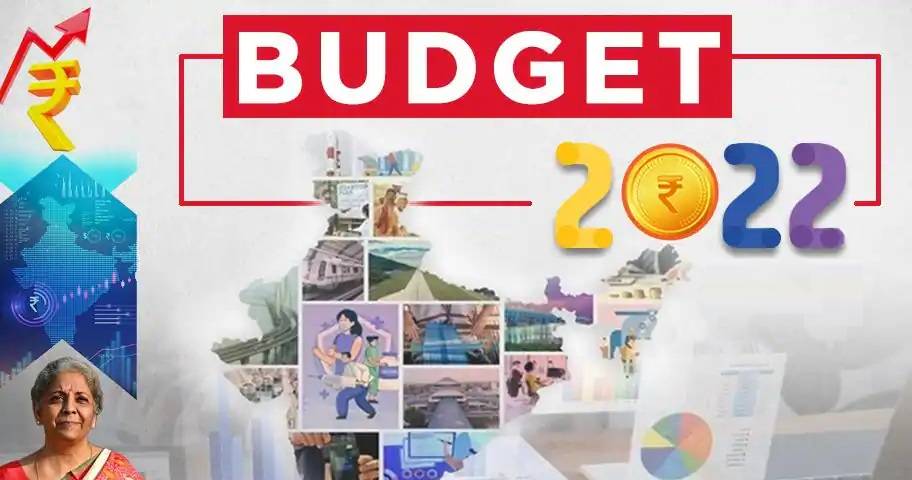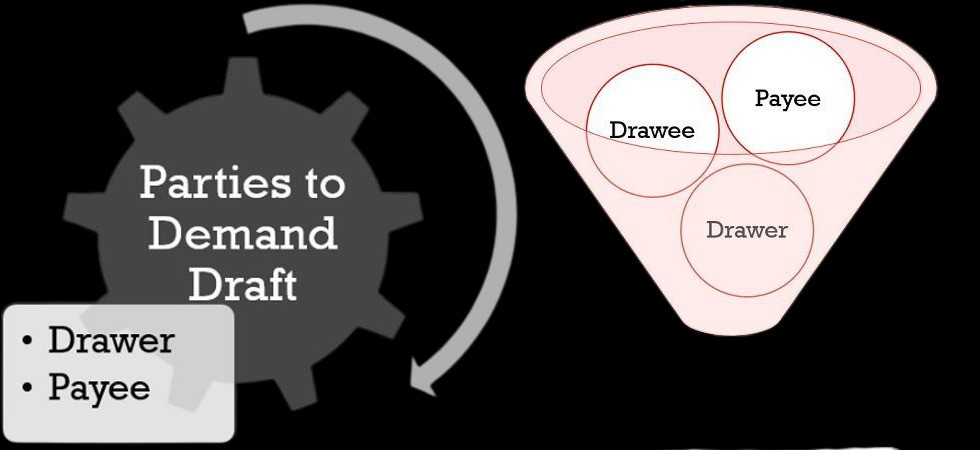During her Budget 2022-2023 speech, Finance Minister Nirmala Sitharaman said that digital assets, including as cryptocurrencies and non-fungible tokens (NFTs), will be subject to a 30% tax on any income derived from their transfer.
Most crypto and NFT investors were concerned about the future of their investments after the news, but industry insiders viewed it as a positive development.
Cryptocurrencies would not be prohibited in the country if they were taxed in any way, but that does not mean they would be regularised. It will be interesting to observe how the government handles cryptocurrency in the country.
The finance minister has also declared that the Reserve Bank of India (RBI) will launch its digital currency in the near future.
The word “digital currency” means the money that can only be obtained digitally or electronically. It also is referred to as digital money, cybercash, electronic currency, or electronic money.
Digital Currency vs Digital Coin
The electronic version of fiat currency issued by governments is referred to as digital currency. They can be used for contactless transactions among parties, such as when you transfer money from one bank account to another. When you pay for a product or service with your bank or electronic wallet, which stores value corresponding to actual fiat currency via an electronic transfer mechanism, you are using digital currency. When you draw cash from an ATM, the digital currency is converted into physical cash.
Cryptocurrencies, from the other hand, are a form of value storage that’s also secured by encryption. They are also known as digital coins. Bitcoin, Ether, and Dogecoin are just a few examples of digital currency. All of these crypto currencies are owned or generated by individuals.
Security
Although encryption is not required for digital currency, users must lock their e – wallets (banking apps) with secure passwords to reduce the danger of theft or hacking. Credentials must also be used to secure users’ debit/credit cards. They can utilise any of these methods to exchange digital currency for cash through their bank accounts.
Strong encryption safeguards cryptocurrency. To trade cryptocurrencies, you must first open a bank account and deposit digital currency into it. To obtain cryptocurrencies for the corresponding value, you must exchange the digital currency through an online exchange.
Exposure
Only the sender, receiver, and banking authorities have access to the information of digital currency transactions. Because of a decentralised ledger, all cryptocurrency transaction information are available to the public.
Which one easy to manage
Because of its widespread acceptability in the worldwide market, digital currency is relatively more stable and relatively simple to maintain. Cryptocurrency is a very volatile asset that is only now getting popularity. Few firms have started to accept cryptocurrency payments.
Types of Digital Currencies
- Cryptocurrencies
- Virtual Currencies
- Central Bank Digital Currencies
Cryptocurrencies
Cryptocurrencies are digital currencies that rely on cryptography to safeguard and verify network transactions. The use of cryptography is also utilised to govern and control the formation of such currencies. Cryptocurrencies include Bitcoin and Ethereum. Cryptocurrencies may or may not be regulated depending on the jurisdiction.
Virtual Currencies
Virtual currencies are uncontrolled digital currencies that are governed by developers or a founding organisation made up of many stakeholders in the process. A defined protocol stack can also govern virtual currency algorithmically. A gaming network token, for example, is an example of a virtual money whose economics are created and managed by developers.
Central Bank Digital Currencies
Central bank digital currencies (CBDCs) are digital currencies that are regulated and issued by a country’s central bank. A CBDC can be used to supplement or replace regular fiat currency. In contrast to fiat currency, that exists both in physical and digital forms, a CBDC exists only in digital form. England, Sweden, and Uruguay are among the countries mulling plans to develop digital versions of their own fiat currencies.



